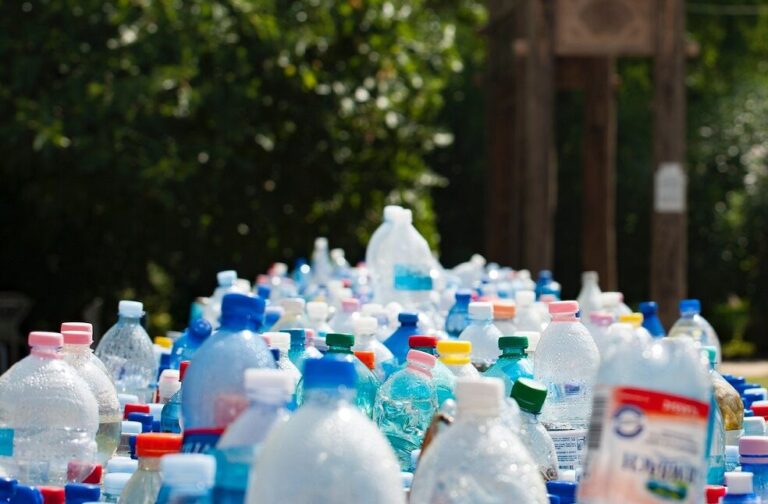Switzerland: In a groundbreaking discovery, scientists in the stunning Alpine and Arctic regions have unearthed a remarkable solution to the global plastic pollution crisis. A team of dedicated researchers has identified a collection of exceptional microbes capable of breaking down plastics even at low temperatures.
This remarkable breakthrough could potentially transform the landscape of recycling efforts worldwide, providing a valuable tool in combating plastic waste. Numerous microorganisms with plastic-digesting abilities have been discovered, but their effectiveness is typically limited to temperatures surpassing 30°C (86°F).
Consequently, the incorporation of these microorganisms in industrial applications becomes financially impractical due to the substantial heating expenses involved. Moreover, their usage lacks carbon neutrality, raising concerns about the environmental impact associated with their implementation.

Researchers at the Swiss Federal Institute Swiss Federal Institute for Forest, Snow and Landscape Research (WSL) have made a significant discovery, identifying microbes capable of digesting plastics at a temperature as low as 15°C. This breakthrough has the potential to revolutionize microbial recycling and represents a major advancement in the field. The findings of the study have been published in the renowned journal Frontiers in Microbiology.
Dr. Joel Rüthi from WSL and colleagues sampled 19 strains of bacteria and 15 fungi growing on free-lying or intentionally buried plastic kept in the ground for one year in Greenland, Svalbard and Switzerland. They let the microbes grow as single-strain cultures in the laboratory in darkness at 15°C and tested them to see if they could digest different types of plastic.
The study yielded intriguing results, revealing that the bacterial strains identified belonged to 13 different genera within the phyla Actinobacteria and Proteobacteria. Similarly, the fungi discovered represented 10 different genera within the phyla Ascomycota and Mucoromycota. These findings highlight the diverse range of microorganisms involved in the digestion of plastics at the tested low temperature.

Although the researchers conducted tests at a single temperature, they have not yet determined the optimal temperature for the microbes’ effectiveness. However, they have observed promising results within a temperature range of 4°C to 20°C (39°F to 68°F). This indicates that the plastic-digesting capability of these microbes remains robust and functional within this temperature range. Further research is needed to pinpoint the most suitable temperature for their efficient utilization.



